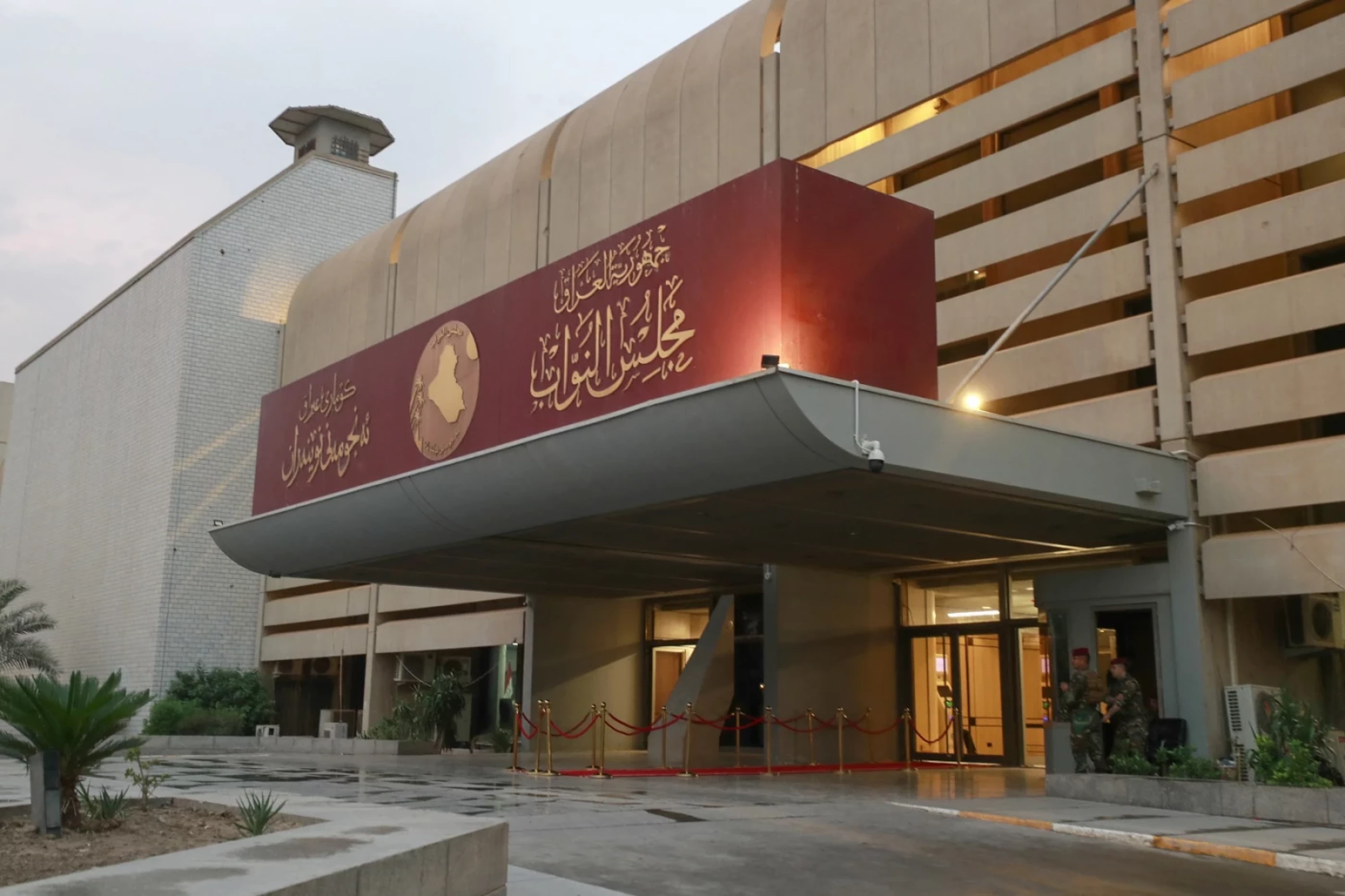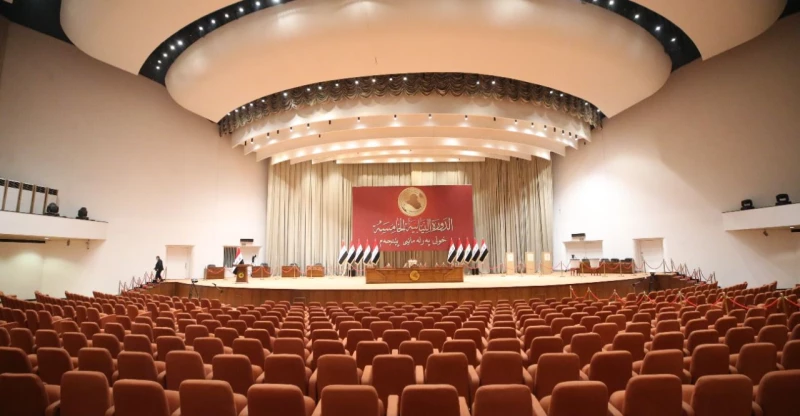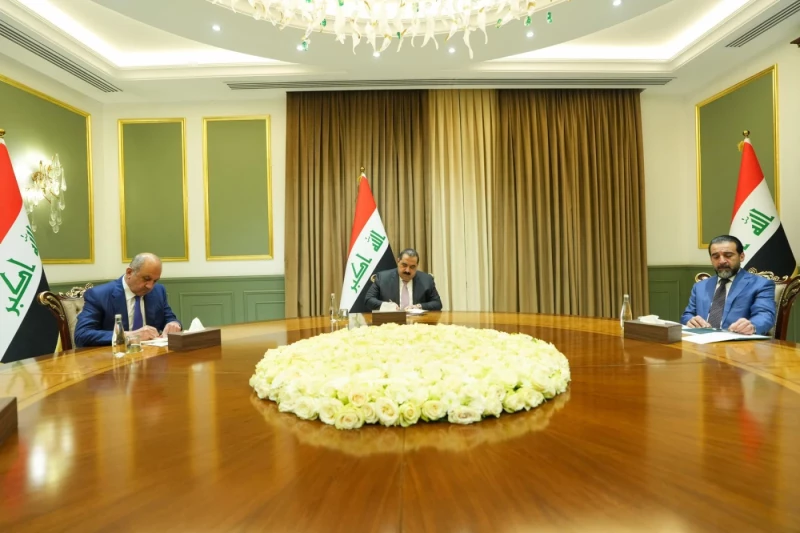ERBIL, Kurdistan Region of Iraq – Iraq’s electoral body on Monday announced the official results of the parliamentary elections, with the Reconstruction and Development Alliance ranking first, while the Kurdistan Democratic Party (KDP) emerged as the most powerful Kurdish party.
Topping the charts with the number of seats in the legislature is Iraqi Prime Minister Mohammed Shia al-Sudani’s Reconstruction and Development Alliance with 46, with the State of Law Coalition winnning 29 seats and the Sadiqoun Movement with and the Taqadum Party both receiving 27 seats.
No party won enough seats in parliament to form a majority government.
Despite receiving the second highest number of votes in the country with over one million, the KDP received the fifth highest number of seats at 26, being able to win a majority of seats across Erbil, Duhok and, in an unprecedented breakthrough, Nineveh.
Nechirvan Barzani, president of the Kurdistan Region, announced the million-vote goal during election campaigning, setting the stage for the landmark achievement.
A new electoral system influenced the discrepancy between overall votes and resultant seats, dividing the Kurdistan Region into four electoral districts instead of one, compunded by the reduction of the Region’s seats from 111 to 100.
In Erbil, the KDP won nine seats and received the highest number of votes. In second place was the Patriotic Union of Kurdistan (PUK) with three seats, followed by the Halwest Movement with two.
Duhok also saw the KDP cruise to victory, winning a total of nine seats while the Kurdistan Islamic Union garnered two. The candidate with the third highest amount of votes was Sami Oshana, who filled a quota seat reserved for members of the Christian minority.
The Kurdish province also proved notable in that it featured the highest voter turnout rate across Iraq at 77.61 percent.
Sulaimani saw the PUK secure eight seats, the Halwest Movement three, and the New Generation Movement two.
The disputed province of Kirkuk, known for its ethnically diverse population, witnessed the PUK win four seats, the Taqadum Party three, and the Iraqi Turkmen Front two, with the KDP also securing a single seat.
Earlier on Monday, Iraq’s Federal Supreme Court dissolved the current Iraqi parliament and placing the federal government in caretaker status, ending the mandate of the fifth parliament and the full powers of the sitting government.
With the final results announced, the upcoming Iraqi parliament must hold its first session within 15 days, during which the representatives elect a speaker, a post that traditionally goes to a Sunni Arab.
Within 30 days of the first session, the parliament must also elect a president for the country, which is reserved for Kurds.
The president then must task the largest parliamentary bloc with the formation of the Council of Ministers within fifteen days of his or her appointment, with the prime minister-designate being replaced by the president if the cabinet fails to be formed in a timely manner.
Iraq concluded its sixth parliamentary elections on Tuesday evening at 6:00 pm, in which nearly 7,750 candidates competed for the Iraqi legislature’s 329 seats.



 Facebook
Facebook
 LinkedIn
LinkedIn
 Telegram
Telegram
 X
X


